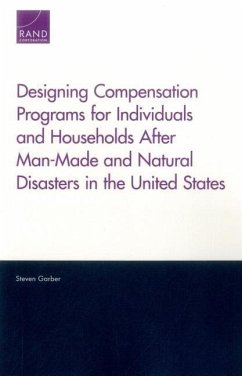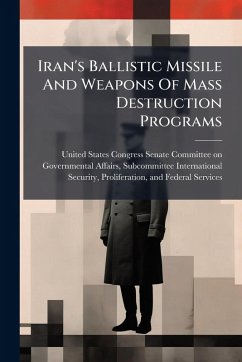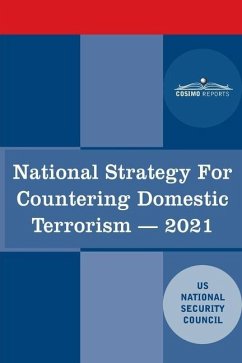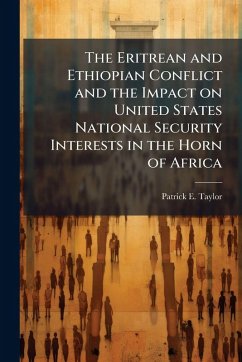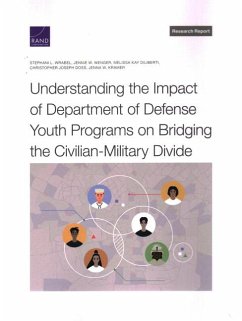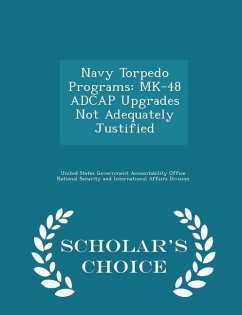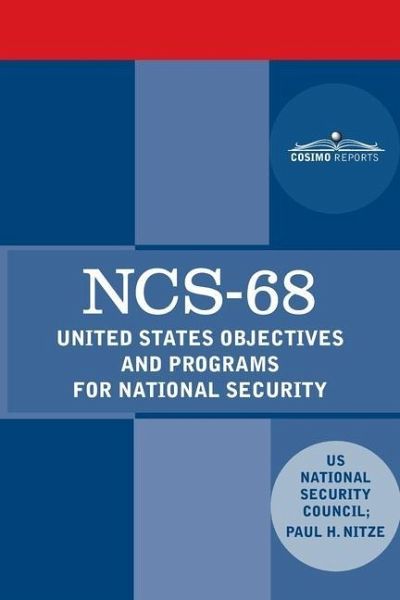
Ncs-68: United States Objectives and Programs for National Security
United States Objectives and Programs for National Security
Versandkostenfrei!
Versandfertig in über 4 Wochen
15,99 €
inkl. MwSt.

PAYBACK Punkte
8 °P sammeln!
"The issues that face us are momentous, involving the fulfilment or destruction not only of this Republic but of civilisation itself." -NCS-68 (1950) The National Security Council Report 68, or NSC-68, was drafted by a NSC Study Group under the chairmanship of Paul Nitze of the State Department and presented to President Truman in April 1950. It described the Soviet Union as the biggest threat to the United States, recommending a large expansion of the military budget and aid to America's allies. This top-secret report, declassified in 1975, established the geopolitical framework for waging th...
"The issues that face us are momentous, involving the fulfilment or destruction not only of this Republic but of civilisation itself." -NCS-68 (1950) The National Security Council Report 68, or NSC-68, was drafted by a NSC Study Group under the chairmanship of Paul Nitze of the State Department and presented to President Truman in April 1950. It described the Soviet Union as the biggest threat to the United States, recommending a large expansion of the military budget and aid to America's allies. This top-secret report, declassified in 1975, established the geopolitical framework for waging the Cold War and became one of its most influential documents setting the stage for the future collapse of the Soviet Union. This is a must-read for students of foreign policy and history, and anyone interested in American-Russian relations.



